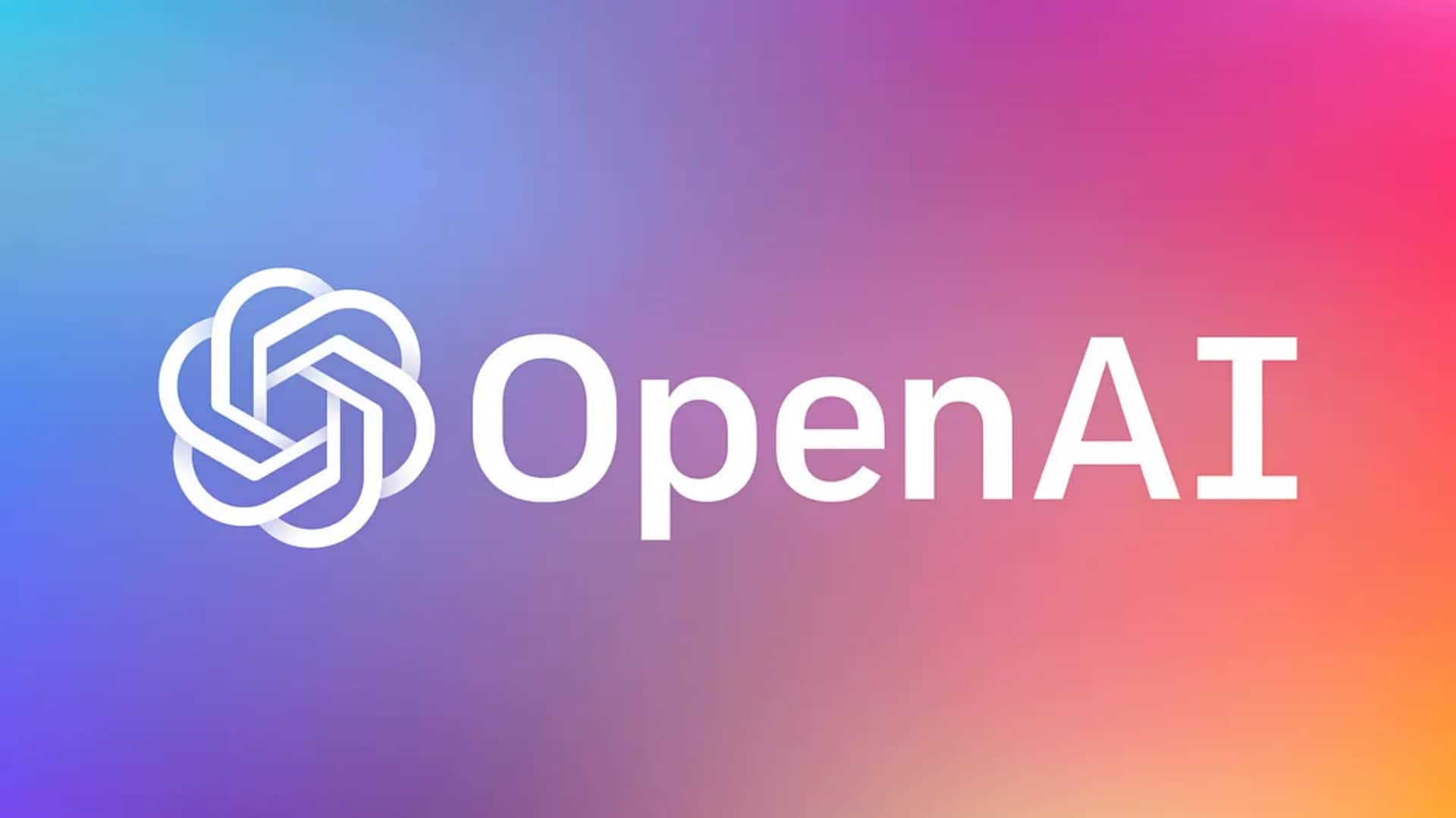
Junior bankers might soon lose their jobs thanks to OpenAI
What's the story
OpenAI has contracted over 100 former investment bankers to help train its artificial intelligence (AI) in creating financial models. These will replace the grunt work done by junior bankers. The team, which includes ex-employees from JPMorgan Chase & Co, Morgan Stanley, and Goldman Sachs Group, is part of a secretive project codenamed Mercury. According to Bloomberg, the participants are paid $150 per hour for their work on various transaction types like restructurings and IPOs.
Automation goal
Project Mercury aims to enhance AI's business applications
The Mercury project is a part of OpenAI's broader strategy to make its advanced AI technology more applicable to businesses across various sectors, including consulting, finance, legal, and tech. Despite reaching a $500 billion valuation earlier this month, the world's largest start-up has yet to turn a profit. An OpenAI spokesperson said the company collaborates with different experts "to improve and evaluate the capability of our models across different domains."
Workload reduction
Traditional investment banking analysts' jobs at risk
Investment banking analysts usually work over 80 hours a week on live deals, creating detailed models in Microsoft Excel for mergers and leveraged buyouts. They also have to constantly make changes to PowerPoint slide decks as per their superiors' requests. However, with the rise of AI, many start-ups are now offering banks solutions that can help ease this burden. This has raised concerns about job security among analysts.
Recruitment process
How to get a job with OpenAI
The application process for Project Mercury is mostly automated. It starts with a 20-minute interview with an AI chatbot, followed by tests on financial statements and modeling. Contractors are expected to submit one model per week, using simple prompts and then executing the model. They get feedback from a reviewer and have to fix any issues before their work is finally integrated into OpenAI's systems.